Hypertension has become one of the common diseases of middle-aged and elderly people. In clinical medicine, the etiology of the disease is divided into endogenous factors influenced by genes and exogenous factors influenced by diet and rest. People who take antihypertensive drugs for a long time
With the improvement of living conditions and quality of life, people’s diet is gradually diversified, which directly leads to a linear development trend in the incidence of chronic metabolic or cardiovascular and cerebrovascular diseases.
According to the prevention and treatment guidelines of the Chinese Hypertension Association: without using any antihypertensive drugs, if the systolic blood pressure is higher than 140mmHg and the diastolic blood pressure is higher than 90mmHg, it can be diagnosed as hypertension for more than three times.

From 2012 to 2015, the prevalence of hypertension in Chinese adults was 27.9%, which is equivalent to one out of every three adults with hypertension. The rising prevalence of high blood pressure has also thrown many people into endless panic and worry that they might become one of them.
People who take antihypertensive drugs for a long time should try to eat less than 3 kinds of food at ordinary times, so as to know in advance that they will not suffer
1. Grapefruit
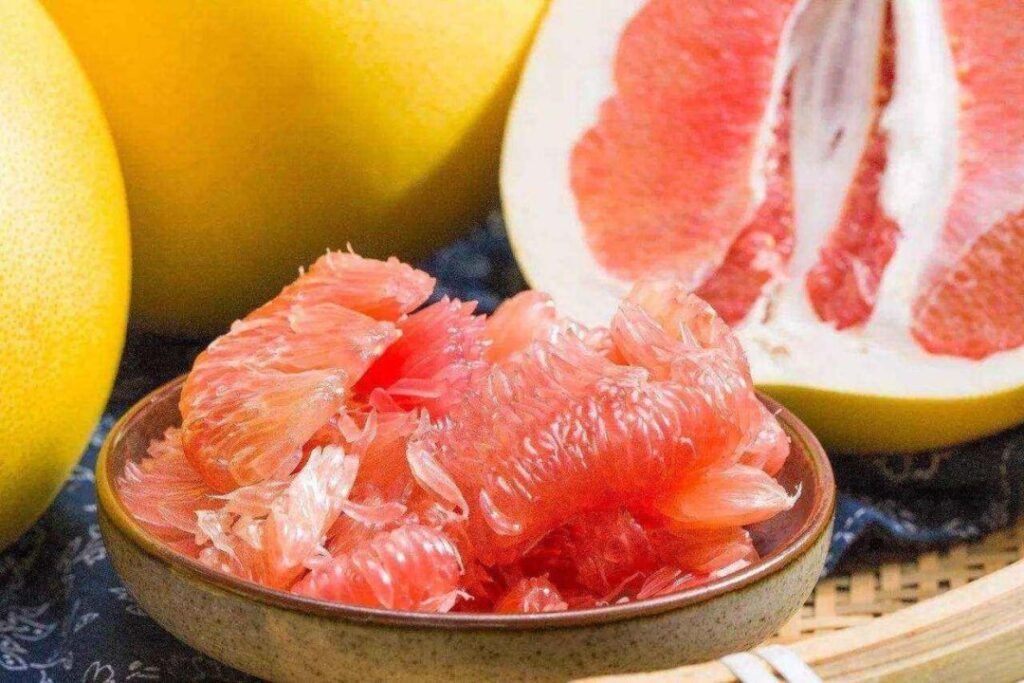
Grapefruit contains a lot of nutrients and is rich in various vitamins, such as B, C, etc., which are the basic substances to ensure the normal operation of human metabolic functions. But what needs to be reminded is that when people are taking antihypertensive drugs, they should try to avoid eating too much grapefruit.
The main reason is that there are some active decomposing enzymes in it, which will have an inhibitory effect after contacting with the drug ingredients, and cannot effectively exert the anti-stress effect of the drug.
2. Liquor
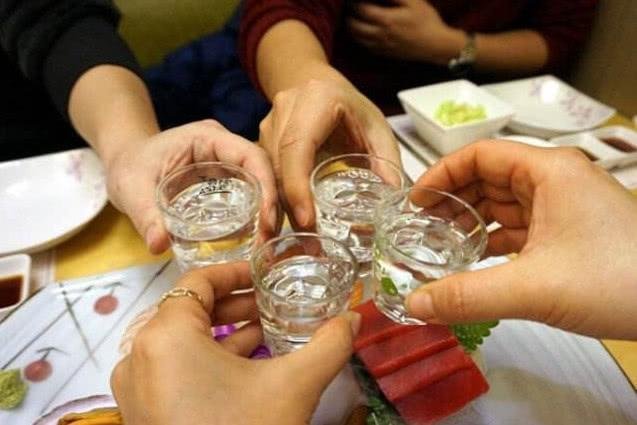
The intake of a small amount of white wine can help promote blood circulation in the human body and prevent the formation of blood stasis and plaque. Excessive intake will also aggravate the pressure burden on the various organs of the body. A large amount of ether and ethanol stimulate the tolerance of the surface cells of human blood vessels, and the blood vessels will develop in a state of rapid expansion and contraction in a short time.
If drinking occurs while taking antihypertensive drugs, it will induce a drug-induced blockage coma reaction, and patients with more serious conditions may even experience sudden death 20 minutes after drinking.
3. Greasy food
The older you are, the more you like to eat high-fat food. When you are young, you prefer to eat light food. If you often eat too greasy food, it will not only affect the efficacy of the medicine, but also increase the burden on the kidneys and liver.

People with high blood pressure should avoid eating foods with high cholesterol content. High-cholesterol foods tend to cause cholesterol to precipitate in the blood, affecting blood pressure and even affecting the efficacy of medicines. In order to stabilize blood pressure, in addition to taking antihypertensive drugs and anti-inflammatory drugs, But also to develop a good habit of light diet.
Patients with hypertension need to understand the following three medication misunderstandings
1. Only taking medicine, not looking at the effect
Some people think that as long as they take the medicine, everything will be fine and they don’t have to worry about it anymore. They don’t pay attention to their blood pressure and measure their blood pressure irregularly.
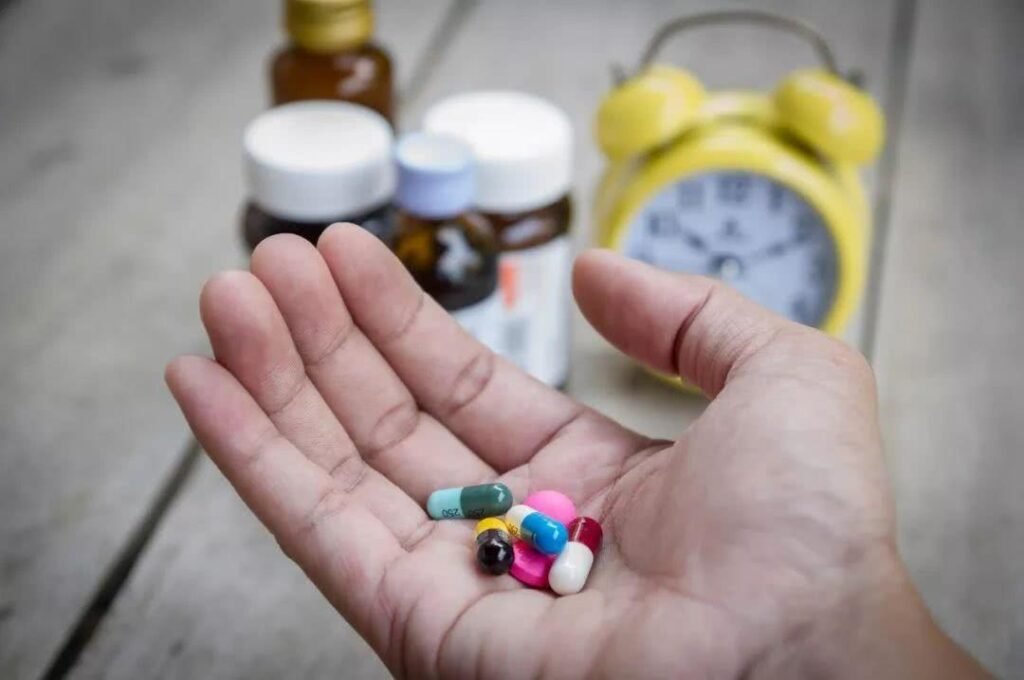
In addition, the antihypertensive principle emphasizes individualized medication, one of which is to monitor and record blood pressure on a regular basis, so as to grasp the relationship between medication and blood pressure changes, and understand how much dosage or how to combine medication to stabilize blood pressure at an ideal level.
2. Antihypertensive drugs hurt the kidneys
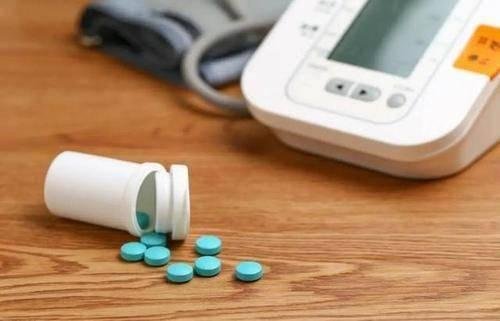
What hurts the kidneys is high blood pressure, not antihypertensive drugs. All antihypertensive drugs have side effects, but the side effects of antihypertensive drugs are far less than the damage to the body caused by high blood pressure itself.
The adverse reactions listed in the drug instructions only account for 1% to 5%, but not every patient will have adverse reactions after taking the medicine. Some people worry about the side effects of antihypertensive drugs because of lack of knowledge. Some people deliberately exaggerate the side effects of antihypertensive drugs in order to sell health care products, which is immoral.
3. The sooner the blood pressure is lowered, the better
Generally speaking, most of the elderly over the age of 60 will have different degrees of arteriosclerosis. When arteriosclerosis occurs, the wall of the blood vessel becomes thicker, its elasticity decreases, and the lumen of the blood vessel narrows, resulting in less local blood supply. In this case, a slightly higher blood pressure is beneficial to the blood pressure supply of vital organs such as the heart, brain, and kidneys.
If the patient’s blood pressure is quickly lowered to a normal or even low level blindly, on the one hand, it will affect the functions of the above organs; on the other hand, if the blood pressure drops too fast or too low, it may induce the formation of cerebral thrombosis.
How to prevent high blood pressure?
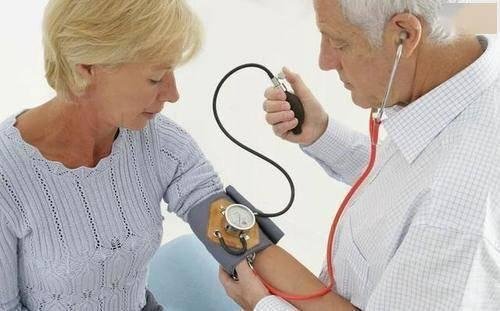
1. Exercise more
Getting more exercise can reduce the risk of heart disease; lower overall cholesterol levels; increase HDL-cholesterol (high-density lipoprotein cholesterol, the good cholesterol) levels; and lower high blood pressure. Compared with those who do not exercise, people who exercise more may have a much lower risk of developing high blood pressure, about 20%-50% lower.
2. Learn to relax
Learn to relax, maintain a good attitude towards work and life, and use various methods to relieve psychological pressure. When encountering unpleasant events and stressful events, self-psychological adjustments should be made, and correct measures should be taken to deal with and relieve stress, so as to minimize or avoid the impact of negative emotions on high blood pressure.
3. lose weight
High blood pressure has deep malice for fat people. Excessive body fat, especially visceral fat, will cause overloading of various organs in the body, and lead to high blood pressure in the long run. For every 5-10KG weight loss, the high pressure can drop 5-20mmHg! Shut up, open your legs, in order to lower blood pressure, lose weight!
4. Manage sleep

Increasing effective sleep time and/or improving sleep quality can significantly improve the efficacy of antihypertensive drugs and reduce the morbidity and mortality of hypertension. Mainstays of sleep management include sleep assessment, cognitive behavioral therapy for sleep, and medication when needed.
Also Read;
- 5 fruits with less sugar content, Fruits for high blood sugar patients
- What are the benefits of eating bayberry for women, helping digestion, lowering blood pressure and beauty
